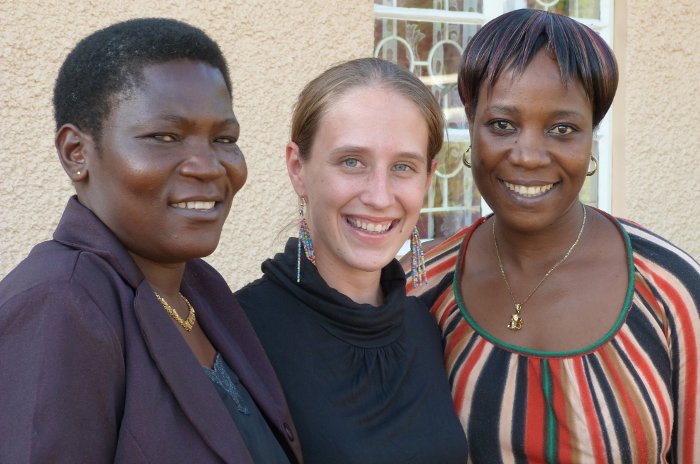Brett Heimann, the regional recruiting representative for the Peace Corps, will hold an informational meeting at Michigan Tech at 6:30 p.m., Thursday, March 21, in Fisher Hall 125. He will talk about the Peace Corps overall and the Peace Corps Master’s International (PCMI) program. The session is free, and everyone is welcome.
Michigan Tech has eight PCMI programs in four different Colleges and Schools. Graduate students earn a master’s degree with a combination of classes and Peace Corps service overseas. For more information, contact PCMI campus director Kari Henquinet (SS), kbhenqui@mtu.edu, 7-1843.
Published in TechToday


